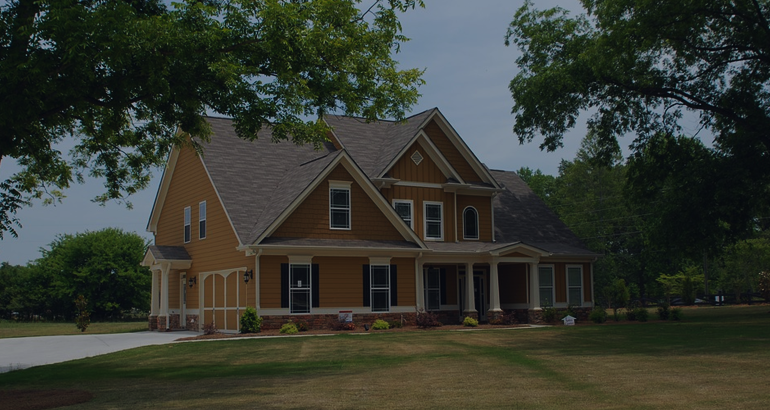
When choosing the right pressure-washing chemicals, professionals consider several factors. For example, the type of surface that needs pressure washing and the kind of stain are common considerations. This post examines the different types of pressure-washing chemicals and how professionals choose which ones to use.
At Hawkins Tree and Landscaping, we provide professional and dependable pressure washing in Texarkana, AR. We provide quick and efficient pressure washing services at affordable pricing.
Different Types of Pressure Washing Chemicals Technicians Use
Technicians use multiple types of chemicals, depending on the job.
Sodium Hydroxide (Lye)
Sodium Hydroxide, or Lye, is a popular chemical found in many everyday soaps and cleaning products. Many cleaning solutions also use it to remove grease from glass or metal.
Ammonia
While not the most common chemical used by technicians, it can also clean glass or stainless steel.
Sodium Hypochlorite (Bleach)
Professionals often use sodium hypochlorite diluted with water to remove recurring mold or mildew. In addition, they weaken the bleach with water to keep the surface, equipment, and individuals safe.
Citric Acid
Citric acid is an excellent option for removing rust from concrete, wood, or a deck. Experts generally use citric acid as a safe and effective method for removing tough stains from driveways.
Oxalic Acid
Oxalic acid is typically the last step in the power-washing process. Technicians use oxalic acid to clean deep, stubborn stains or discoloration on concrete surfaces.
How Do the Professionals Decide Which Chemicals to Use?
Deciding on a cleaning method depends on the following factors:
The Stain Type
The type of stain significantly impacts which chemical to use. For example, technicians use sodium hypochlorite or an alcohol-based solution to remove elements like algae, bacteria, moss, mildew, and lichen.
To remove grease, oil, or an accumulation of residue, a professional typically uses a degreaser containing sodium hydroxide, potassium hydroxide, or sodium metasilicate.
A technician uses an acid-based product to remove water stains, calcium buildup, rust, or efflorescence. Acid best breaks down the minerals and cleans the area effectively.
The Type of Surface
Surface type is also an important factor when deciding which pressure-washing chemicals to use.
Metal Surface
Aluminum siding, tractor-trailer trucks, dumpsters, or any other metal can handle harsher chemical mixtures. A professional power washer will use a stronger combination while simultaneously balancing the strength of the chemical so it does not remove paint.
Plastic Surface
Tarps, awnings, commercial signage, vinyl siding or fencing, or plastic surfaces are the simplest to clean. Professionals will use weaker solutions or even just hot water to remove stains.
Asphalt Surface
A power washing technician will use an industrial solvent to clean asphalt driveways, parking lots, or shingles. It is essential to refrain from using a chemical degreaser, as it can start to deteriorate the asphalt.
Stone Surface
An expert will use a hot solution to clean the surface for building foundations, stone walkways, brick walls, or concrete. Concrete cleaning or any other stone surface cleaning requires more chemicals or soap than water for the best results.
Glass Surface
A professional will use a mild solution to keep the surface intact for glass surfaces. However, even with a gentle mixture, it is important to clean in small sections and continuously rinse the glass to prevent the soap from drying.
Contact the Professionals at Hawkins Tree and Landscaping
Contact our team at Hawkins Tree and Landscaping in Texarkana, AR, today for more information on pressure washing chemicals or the difference between pressure washing and soft washing. We take the time to listen to your concerns, answer your questions, and provide honest advice. Call (870) 330-9912 for a free quote!

